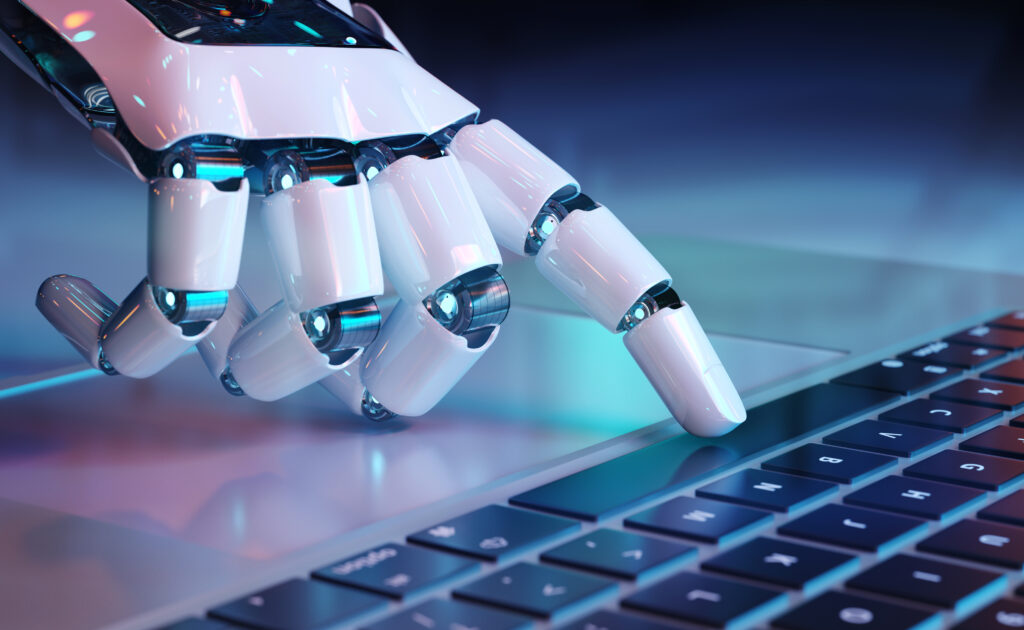The rapid advancement of artificial intelligence (AI) has revolutionized various industries, and experience design is no exception. AI-powered tools, such as OpenAI and others, have opened up new possibilities and are transforming the landscape of user experience design. In this blog post, we will explore the profound impact of AI tools on this domain and delve into the opportunities and challenges they bring.
Enhancing Conversational Experiences: One of the most significant contributions of AI tools like ChatGPT is their ability to improve conversational experiences. Natural language processing capabilities enable more fluid and human-like interactions, empowering designers to create engaging chatbots, virtual assistants, and customer support systems. These AI-driven interfaces can provide personalized assistance, gather user feedback, and deliver intuitive experiences that feel remarkably human.
Personalization at Scale: AI tools excel at analyzing vast amounts of data and generating valuable insights. By leveraging machine learning algorithms, experience designers can develop highly personalized experiences for users. AI-powered recommendation engines can understand user preferences, behavior, and context to deliver tailored content, product suggestions, and personalized interfaces. This level of personalization not only enhances UX but also fosters stronger user engagement and loyalty.
Empowering Designers with Automation: AI tools have the potential to automate repetitive design tasks, allowing designers to focus on more strategic and creative aspects. With AI assistance, designers can generate design variations, iterate rapidly, and explore new ideas efficiently. This automation expedites the design process, accelerates prototyping, and facilitates quicker iterations, ultimately leading to faster product development cycles and shorter time-to-market.
Data-Driven Design Decisions: AI tools have revolutionized the way designers make decisions by leveraging data-driven insights. By analyzing user behavior, feedback, and performance metrics, designers can identify pain points, optimize user flows, and refine their designs iteratively. AI enables designers to gather real-time user insights, A/B test different design elements, and continuously refine experiences to meet evolving user expectations.
Ethical Considerations: As with any technological advancement, the impact of AI tools on experience design necessitates ethical considerations. Designers must be mindful of potential biases that AI models can inherit from training data, leading to unintended discriminatory or exclusionary experiences. Careful oversight and thorough testing are crucial to ensure that AI-powered solutions are fair, inclusive, and respectful of user privacy.
In conclusion, AI tools like ChatGPT and others have transformed experience design, UX, and UI design, opening up new possibilities and empowering designers to create more engaging, personalized, and efficient experiences. From enhancing conversational interactions to enabling data-driven decision-making and automation, AI has become an indispensable tool in the designer’s arsenal. However, with this power comes the responsibility to ensure ethical practices and maintain a human-centered approach. By embracing AI, experience designers can unlock new frontiers and shape a future where technology and human experiences seamlessly converge.





Leave A Comment